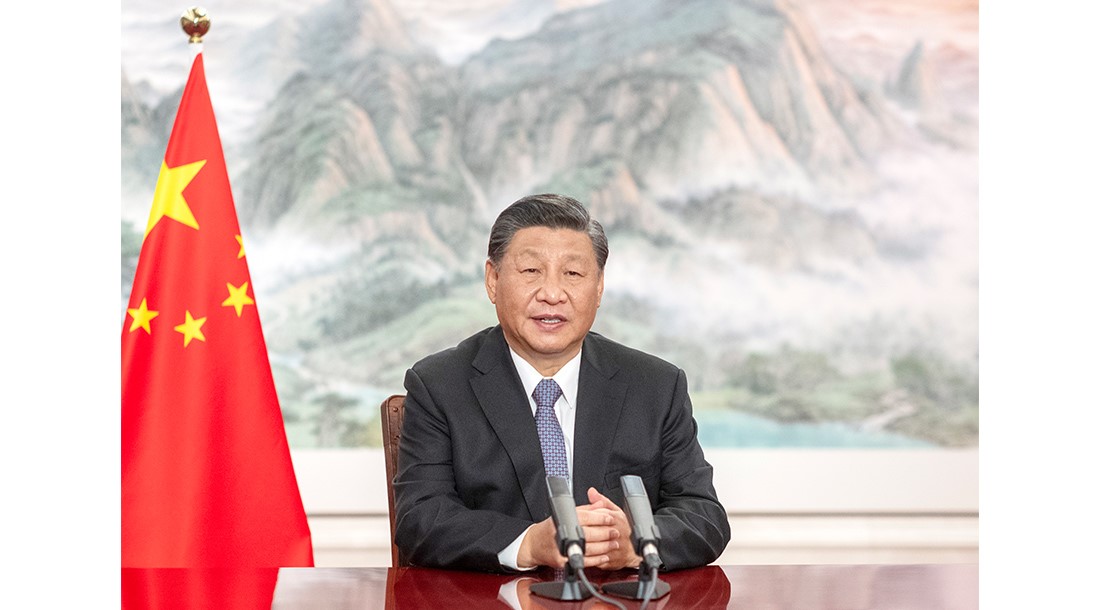Nations need friends in our highly-interconnected, interdependent world. Despite its vast size and power, China is no exception. President Xi Jinping plans to travel to Bali next week for the G20 Summit meeting. While there he will meet with Indonesian President Joko “Jokowi” Widodo for the second time this year. Jokowi was the first foreign leader to meet with the Chinese leader since Russia’s invasion of Ukraine. Political analysts familiar with their relationship point out that it is steady, complicated, and mutual, with both leaders interested more in what the other can do for his country than in a personal friendship.
As early as 2014 Jokowi started courting Xi. During his first 24 months in office, Jokowi met with Xi five times, according to the Jakarta Post. During Covid they spoke six times by phone. Last year one Chinese official framed it as “Indonesia and China are good friends and good brothers.” China also is Indonesia’s biggest trading partner with over $124 billion in total bilateral trade last year and its third largest foreign investor. William Yuen Yee, of the Jamestown Foundation points out that “Such realism follows an extended Indonesian tradition of foreign policy nonalignment that stretches back to the republic’s founding in 1945.”
Jokowi views the potential of Chinese low-cost loans through the Belt and Road Initiative (BRI) and substantial investment and trade flows worth the effort to cozy up to China, despite his country’s tradition of “rowing between two reefs” or maintaining a nonalignment policy. He told the Australian Financial Review that “For me ‘free and active’ is making friends with countries that can provide us with benefits.” Despite the outward appearances of Indonesia moving closer to Beijing, there are serious historical issues between the two states that keep them from further cementing ties. In the 1960’s, the government’s anti-Communist purge took the lives of more than one million people. Further complicating the Beijing-Jakarta relationship are ideological issues and anti-Chinese violence.
From the Indonesian perspective, China is at fault for unkept economic infrastructure promises. The BRI- financed, Jakarta-Bandung railway project has suffered costly operational delays with an excessive debt burden owed to China. Beijing is four years behind schedule in delivering the first high speed train in Southeast Asia with cost overruns that have increased by 23%. The Indonesian people and Jokowi also have strong feelings about the way China has treated the Muslim population in western China and the ongoing territorial dispute over the Natuna Islands. The islands emerged as a contentious issue in 2019 when China made claims of sovereignty using its nine-dash line. Indonesia avoids the issue publicly although they are rich in natural gas and marine life.
Earlier in 2021 a study published by Indonesia’s premier graduate military academy called Beijing’s military threat to Indonesia’s sovereignty over the disputed Natuna Islands “highly imminent.” Later that year the Jakarata Post reported that Chinese law enforcement vessels conducted continuous patrols around a new Indonesian drilling site north of the Natuna Islands, and a Chinese survey ship monitored the seabed within Indonesia’s exclusive economic zone and continental shelf.
Although Jakarta has grown close to China there is an increased concern over China’s aggressive behavior in the Asia-Pacific region. This year during Indonesia’s expanded Garuda Shield exercises (with 14 countries, including the US, Australia, Canada, Malaysia, and Singapore), Japan joined for the first time. Almost as disconcerting as China’s maritime policy is to the Indonesian people, is China’s treatment of Muslim Uyghurs in Xinjiang. Indonesia is the world’s largest Muslim-majority nation. Jokowi, balancing the costs and benefits of the bilateral relationship, has been almost silent on the issue.When questioned about the issue, Yee writes, “Jokowi’s answer did not mention China by name and instead responded in general terms: “We must not contradict Islam with democracy… Islam and Indonesia respect each other. We expect all countries to do the same.” Foremost in Jokowi’s mind is an Indonesia first policy, even if that means maneuvering through a complicated interpersonal relationship with Xi. It is through this narrow, self-interested lens that we must analyze the Beijing-Jakarta relationship, despite its global implications.
Daria Novak served in the U.S. State Dept.
Photo: President Xi (Chinese Government photo)
